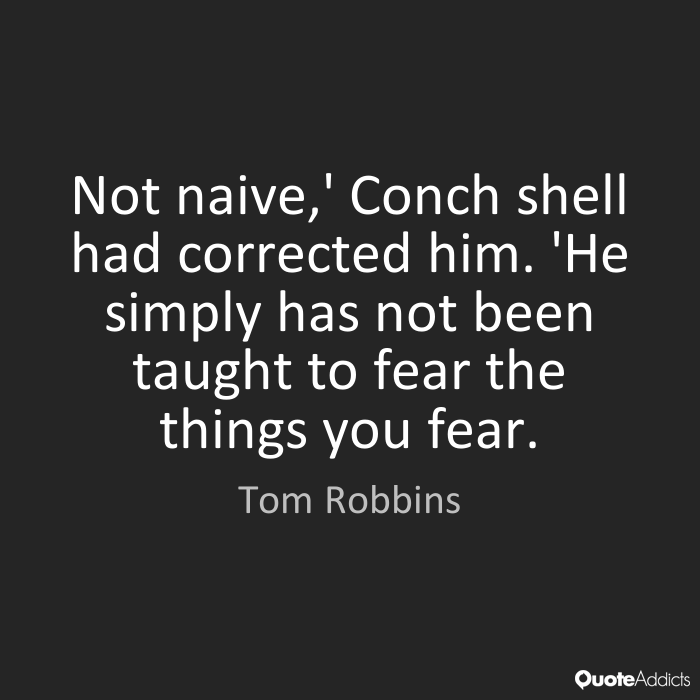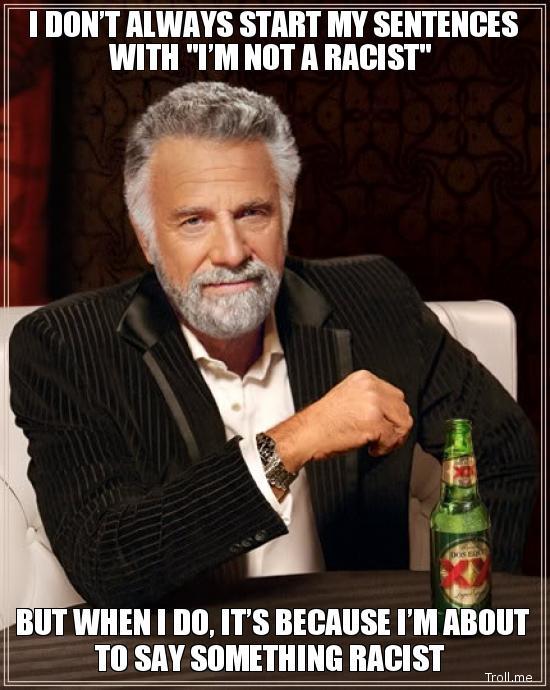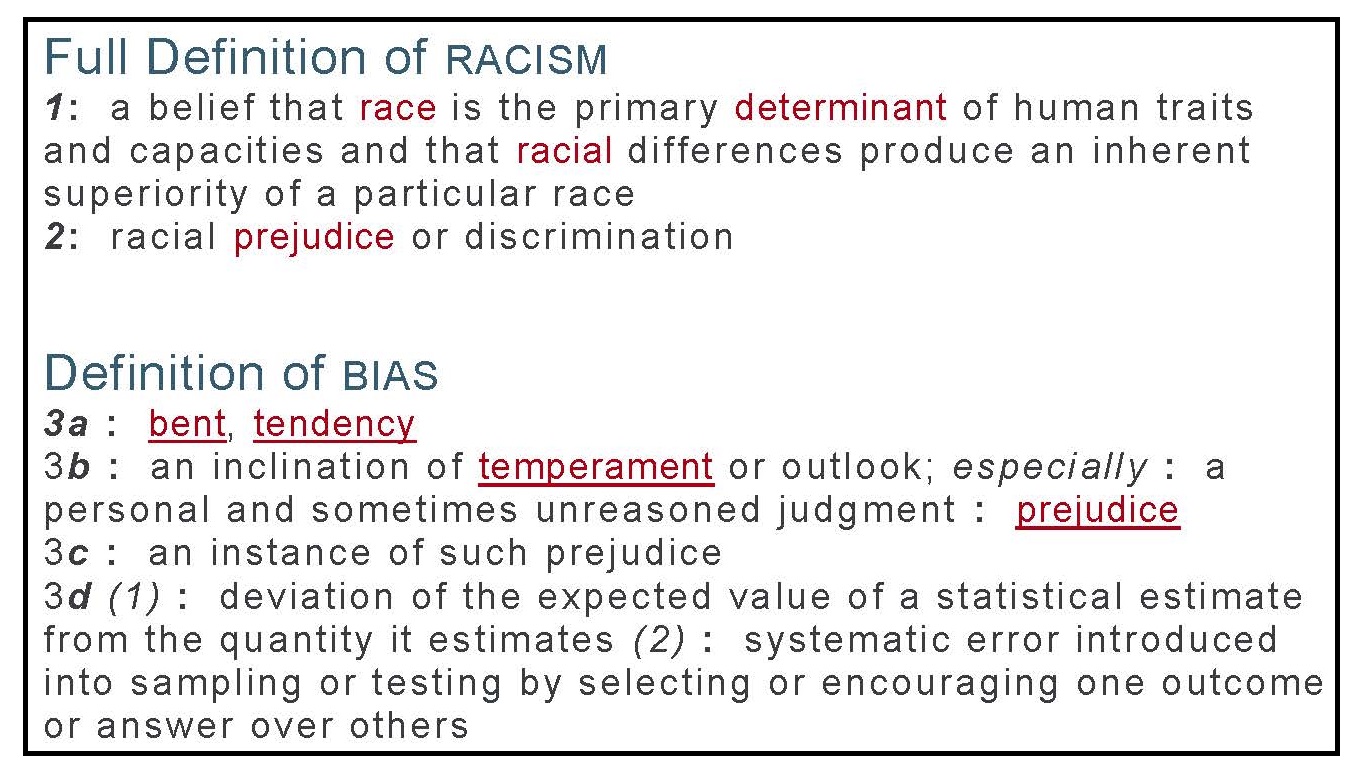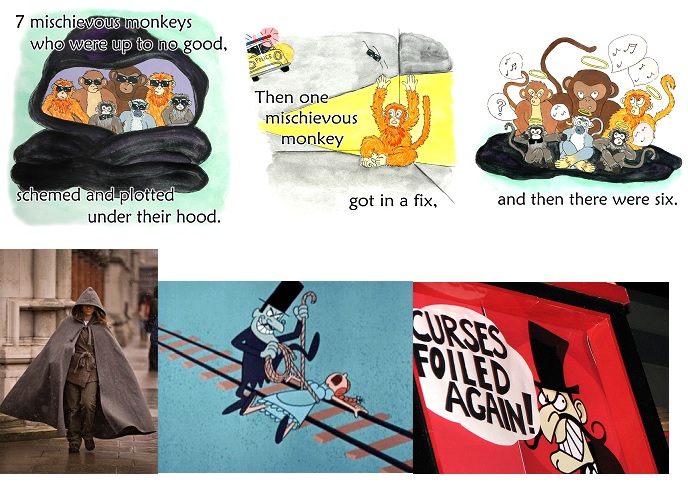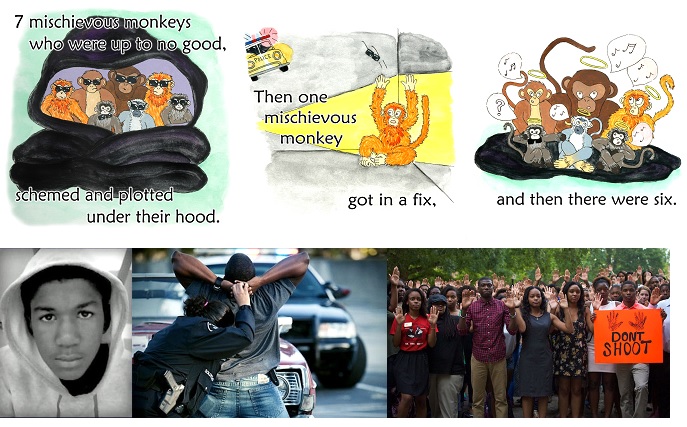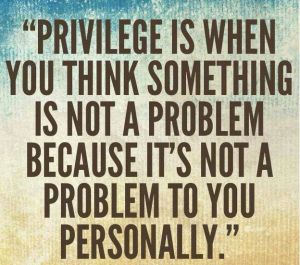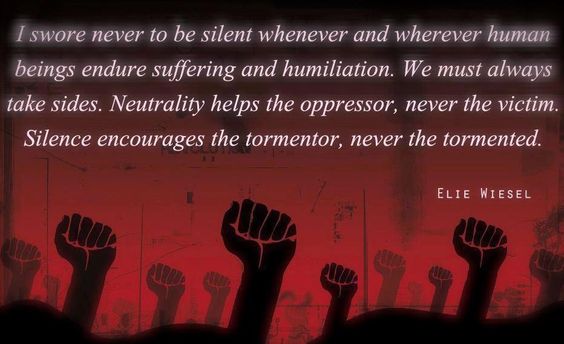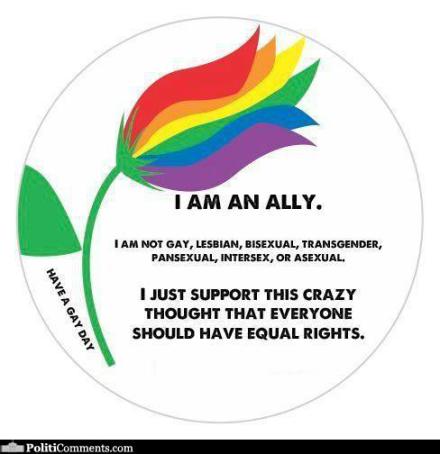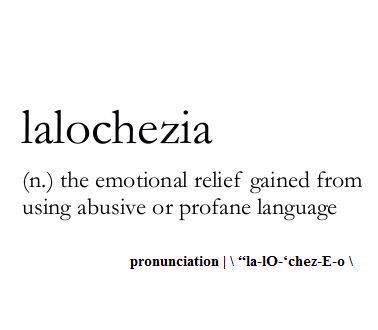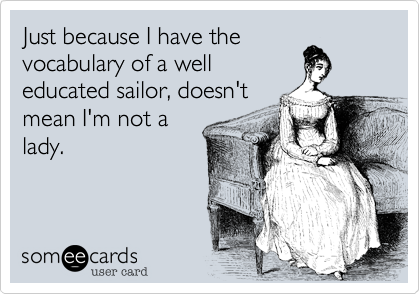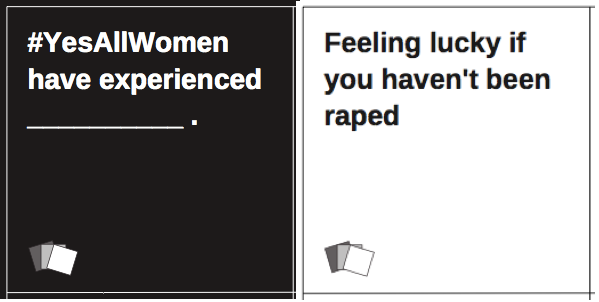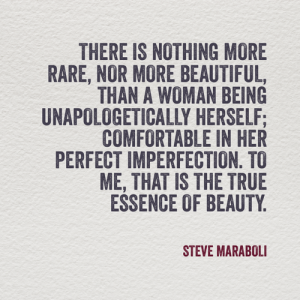The first thing my therapist said to me after I expressed how upset I was, was that I was clearly upset about something more than the election. She was right. Without realizing it, I had been going around with the belief that people are generally good, that we have evolved to a point that as a whole, as a majority we reject hatred and ostracism. I realize now, how horribly naive was. The election of Donald Trump brought all of those beliefs crashing down and brought back every memory of being bullied from my past. It brought back every memory of my loved ones standing by and watching, or worse yet joining in on the bullying. It has made for super pleasant dreams.
I do not believe that the 62 million plus people who voted for Trump are all misogynistic-racist-xenophobes. I believe that some of them are, probably a higher number than I want to think about, but not all of them. However, I now believe that there are 62 million people in the US who are either okay with those behaviors, and/or willing to join in if someone else starts. There are over 62 million people in this country who put down their vote for all time, to elect a bully to the highest office in this land.
That was enough to break me. I had no words. I did not want to live in that world. I don’t want to live in a world where bullies feel that their behavior is not only acceptable but sanctioned. A world where someone felt that it was perfectly acceptable to spit in my friend’s face and tell her to enjoy her free trip back to Mexico. A world where someone felt that it was perfectly acceptable to call another friend of mine a ch*nk and tell him that he wasn’t welcome here anymore. These are not anecdotes off the internet, these are things that happened to people that I know and hold dear. I repeat, I don’t want to live in that world.*
But I’m also starting to see something that is renewing some of my faith. People aren’t putting up with it.
I am a member of two different groups on Facebook. At first, these groups were all about action. Numbers to call, petitions to sign, rallies to attend. That still exists, but something more has developed. They have both become a safe place where people can come and express their fears, their humiliations, and their tears from hateful experiences. The love and support that they get in return are a balm for anyone hurting. Better yet, it has become a place to share victories. Stories of people standing up to bullies, some with broken voices and shaking hands, but standing up anyway. People refusing to listen to hate without saying something in return. Stories of people straight up asking the strangers around them for support in confronting this hate, and getting the support. Stories of solidarity that declare in no uncertain terms that xenophobia/racism/hate are not currencies that are accepted here.
And nowhere in any of these stories is there name-calling or yelling at the bully. (I’m sure confrontations like that exist, they just aren’t being shared.) Instead these stories are of people asking for tolerance to be shown to those who are different. They are stories of strangers banding together to cover up racist and anti-Semitic graffiti so no one else has to see it. They are stories of kindness being used to smother hurt. They are stories of people no longer willing to look the other way. Maybe that is our victory. We aren’t seeing anything in this country that didn’t already exist, and quite frankly minorities have been trying to tell the white population about it for years. Maybe our victory is the clarity and unity to stand up against those who derive their power from putting other people down. That gives me hope.
I also applied to volunteer for the ACLU, because you can’t sustain hope without action.
*Not in a “suicide-put-me-in-a-48-hour-watch” sort of way, but in a “denial-fingers-in-your-ears-say-it-ain’t-so” sort of way.

